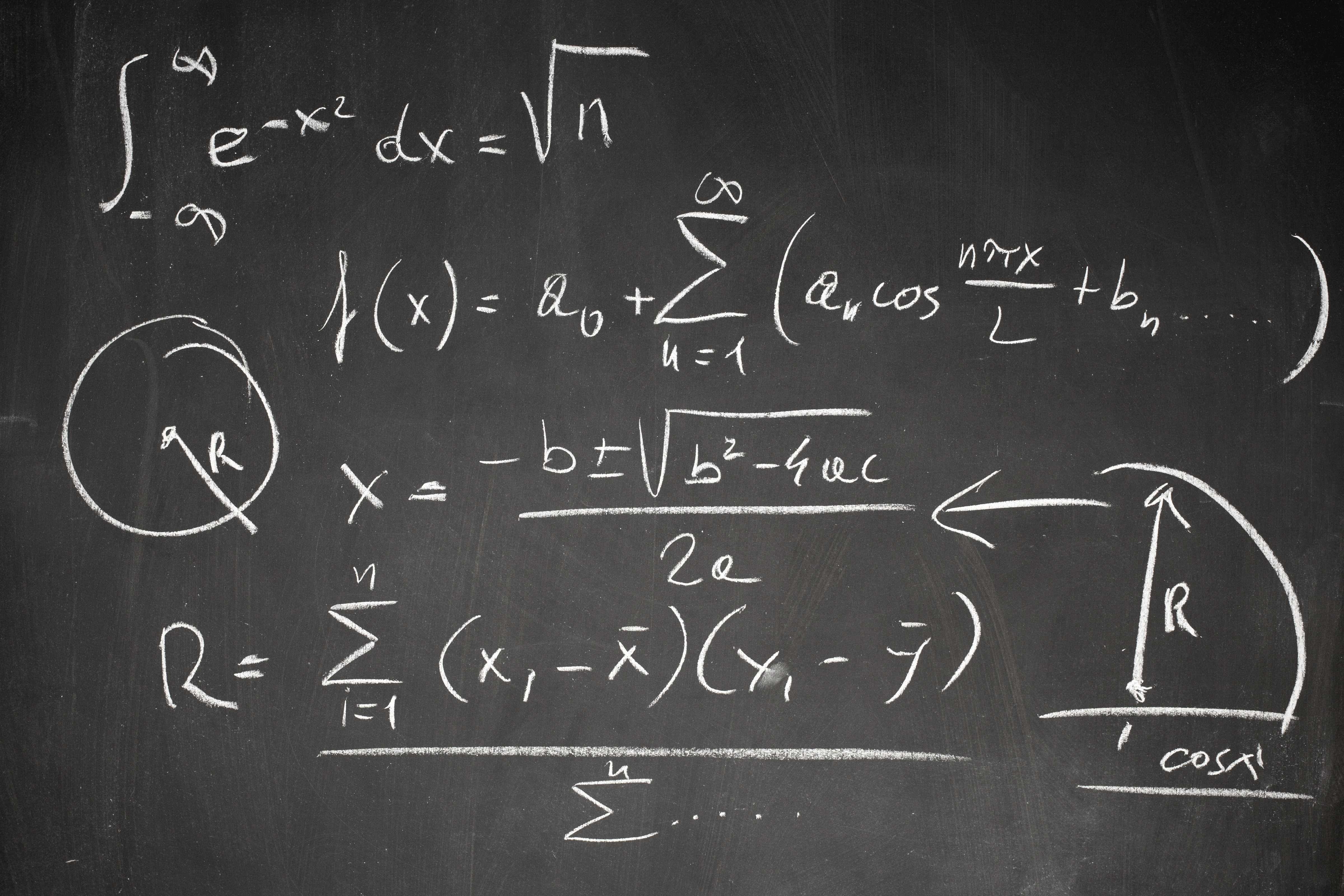
Let’s do so not just because we need to but because we can.
Our world has always been full of figures, quantities, angles and mass. This becomes even more obvious everywhere we look in 2024.
When All Black Damien McKenzie kicks for goal, up comes the probability of success, the angle and the distance.

When United States sprint star Noah Lyles won the Olympic men’s 100m, timing went beyond hundredths of a second to 4 thousandths, the width of his vest. The angle of the javelin, the combined degree of difficulty in diving or gymnastics, and every Olympic event and its coverage, used numbers one way or another.
Cricket and baseball are infamously overloaded with stats, providing fertile fields for childhood education. Matching interests with learning is always a good principle.
Many people will far better understand numbers with a different mindset. They need to know it won’t be too hard and is worth the effort.
Too often individuals, especially women, are almost proud that they can’t do numbers. It’s a badge of honour.
They wouldn’t say the same about literacy. Yet, both are foundations for surviving and thriving.
We often calculate more complex arithmetic than we realise, perhaps in TAB betting, sewing or DIY. But we fail to recognise these skills will transfer with a modicum of knowledge and a dollop of confidence.
Sometimes, though, proficiency is simply absent. Numerical challenges become a muddle and a stumble. What a limitation for so many jobs and so much in life. Dexterity with numbers helps us understand interest rates and compounding effects, the intricacies of electricity and phone accounts and with shopping.
Sometimes complexities deliberately confuse and obfuscate. When is a good deal really a good deal? Do all shoppers, for example, understand that "buy one get one free" is simply the equivalent of buying two with a 25% discount?
We need understanding to see through the claims of advocacy groups, politicians or journalists when they abuse statistics. The wildly impressive but grossly misleading percentage increase off a low base is a classic example.
Number skills, like literacy, should start in the home with plenty of attention, feedback and everyday activities — depending on the child’s developmental stage.
As an Education Review Office document has noted: "Children can develop as confident and capable mathematical learners through learning opportunities that reflect ... patterning, measuring, sorting, locating, counting and grouping, and shape."
This learning is through a mixture of child-initiated and teacher-led activities.
Education should be well under way in preschools and homes through play. New Zealand’s dire maths standards have been highlighted as the government accelerates the adoption of a new mathematics curriculum.
The low levels are no surprise. Nor is the degree of maths ignorance among primary teachers. According to an Institute of Economic Research study, a quarter of primary teachers who started work between 2017 and 2022 failed to get the 14 credits needed to "pass" level 1 NCEA maths. Will those teachers have the ability, and more importantly the self-assurance, to be effective maths teachers?
Future teachers, the government announced, will need basic level 2 competency. While that is admirable and understanding maths is essential, that norm might be unrealistic. It could exclude too many otherwise strong candidates. Instead, let’s ensure level 1 is achieved, and that teacher training emphasises the basics, including maths.
*****
Gripe corner concerns supermarket specials and, naturally, numbers. How annoying it is that some specials — despite being highlighted — are pathetic. Beyond the overall price, details are sometimes discernible only by examining intently.
When Civis bought some cheese for $5.99, the checkout, using the loyalty card, revealed it had been reduced by a whole 16c. That amounts to a measly 2.6% discount.












